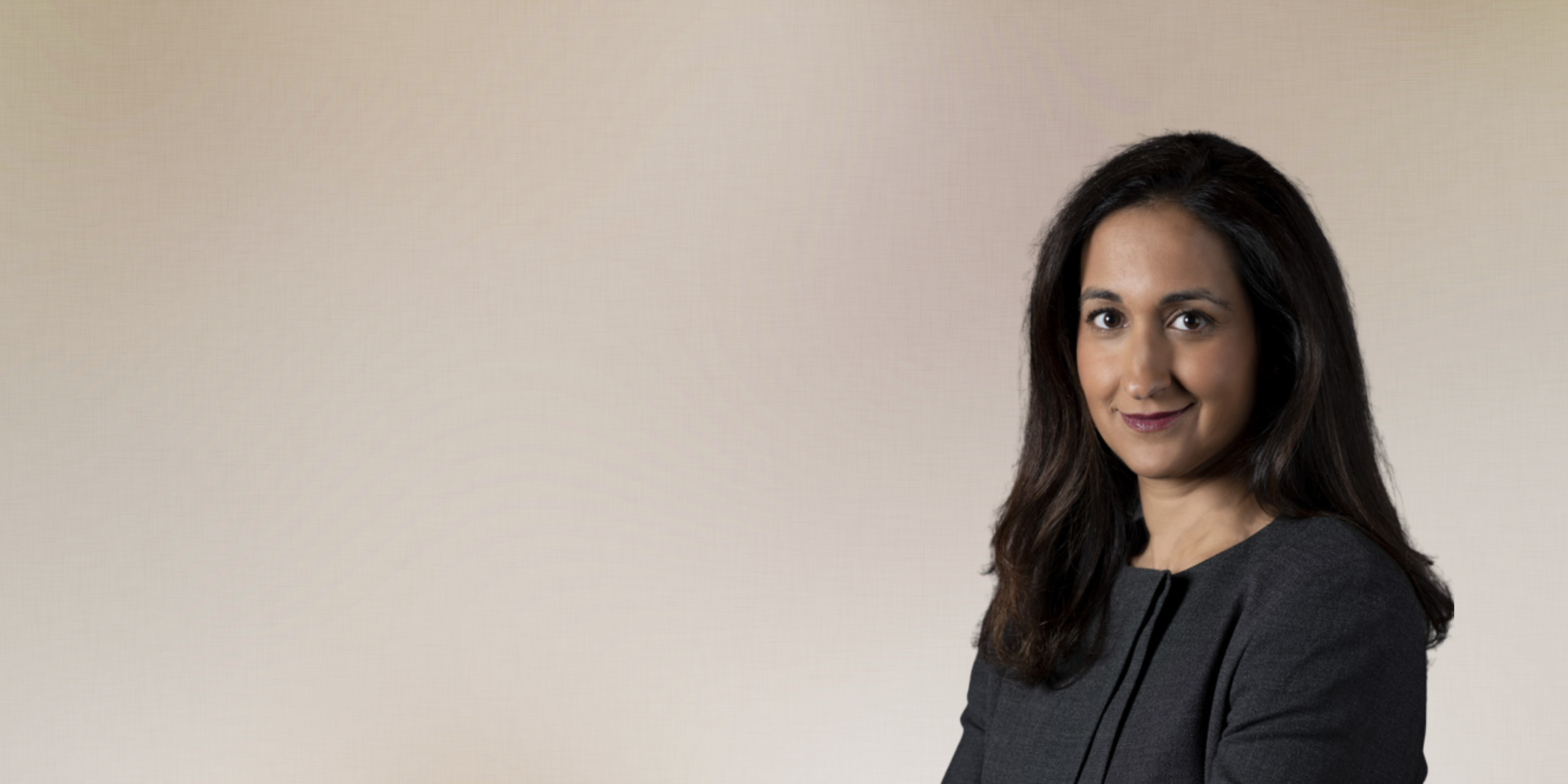Namita Seth Mohta, MD, director of the Serious Illness Care Program at Ariadne Labs, says her life has been lived up and down Route I-95. But the impact of her work has reached around the nation.
Born in New Jersey, she graduated from Yale College in New Haven, Conn., and received her medical degree from Yale School of Medicine. In the interim, she lived in Boston and worked for The Boston Consulting Group, an organization focused on strategic planning and management. Moving back north on I-95 after medical school, she completed her Internal Medicine and Primary Care residency training at Brigham and Women’s Hospital in Boston. Subsequently, she has worked in many facets of health care, within academia, with provider systems, with innovative start-ups, and with non-profit organizations.
Even before she completed medical school, Dr. Mohta became interested in health care delivery innovation and transformation. Working at the Boston Consulting Group, she learned the importance of systems level change and began developing the skills to lead such changes. Half a world away from the Northeast, she volunteered to work in a clinic in Delhi, India, where her family is from. “I saw firsthand the critical importance of providers having the systems and the necessary supports to provide patients the care that they wanted to give and that their patients and families deserved to receive,” she said.
Dr. Mohta serves as the Executive Editor for NEJM Catalyst, a peer-reviewed, academic journal published by the New England Journal of Medicine, and is an Assistant Professor of Medicine at Harvard Medical School. She sees patients clinically as a hospitalist at the Brigham and Women’s Hospital. She formally joined the Serious Illness Care Program in 2019 as a faculty member.
How did you first become involved with Ariadne Labs? Why did you want to be a part of this innovation lab?
In 2013, Ariadne Labs founder Atul Gawande invited me to give a talk about innovating and scaling at a large academic health care system. Since then, what has attracted me to Ariadne are the people. The people and the culture enable me to be my full, authentic self. As a result, I am able to better support my team, both individually and collectively. I am able to grow as a leader myself. I am also committed to Ariadne’s focus on scalable system-level solutions that address gaps in our health-care system. We are at the leading edge of innovation — designing, testing, and spreading scalable solutions that will impact every patient, every where, every time.
You have wide experience in so many areas, such as primary and specialty care redesign, complex care management, analytics, and measurement. What drives your interest in serious illness care and conversations?
It comes from a place of taking care of seriously ill patients and their families for the last 15 years. I have served as a hospitalist at the Brigham and Women’s Hospital since 2006, and the patients I care for not only have serious illness but also are often at the end of life. I have experienced firsthand the power of a conversation. My north star is to make sure that providers, patients, and their families have the benefit of a conversation that informs their care.
Has the COVID-19 pandemic affected the Serious Illness Care Program?
The pandemic highlighted and reinvigorated our commitment to the vision that every person affected by serious illness feels known and cared for on their own terms. With the support of the whole lab, our team was able to develop a specific set of tools that our provider partners could use all over the world to ensure that — despite the pandemic — we would be able to continue to support patients and their families having conversations with their provider teams. Tactically, we had to quickly pivot to an entirely virtual model to work with our partners. This experience has accelerated our commitment to simplifying our tools and improving access to the materials. The pandemic also deepened our existing commitment to ensuring equitable access to all patients everywhere. A lot of our future work will be aligned with that goal.
What else do you see in the future for the Serious Illness Care Program?
We are committed to our vision and building on the legacy and remarkable accomplishments of the program to date. We will continue to generate ideas, create and spread tools and resources, and build community with those focused on serious illness conversations and care.



